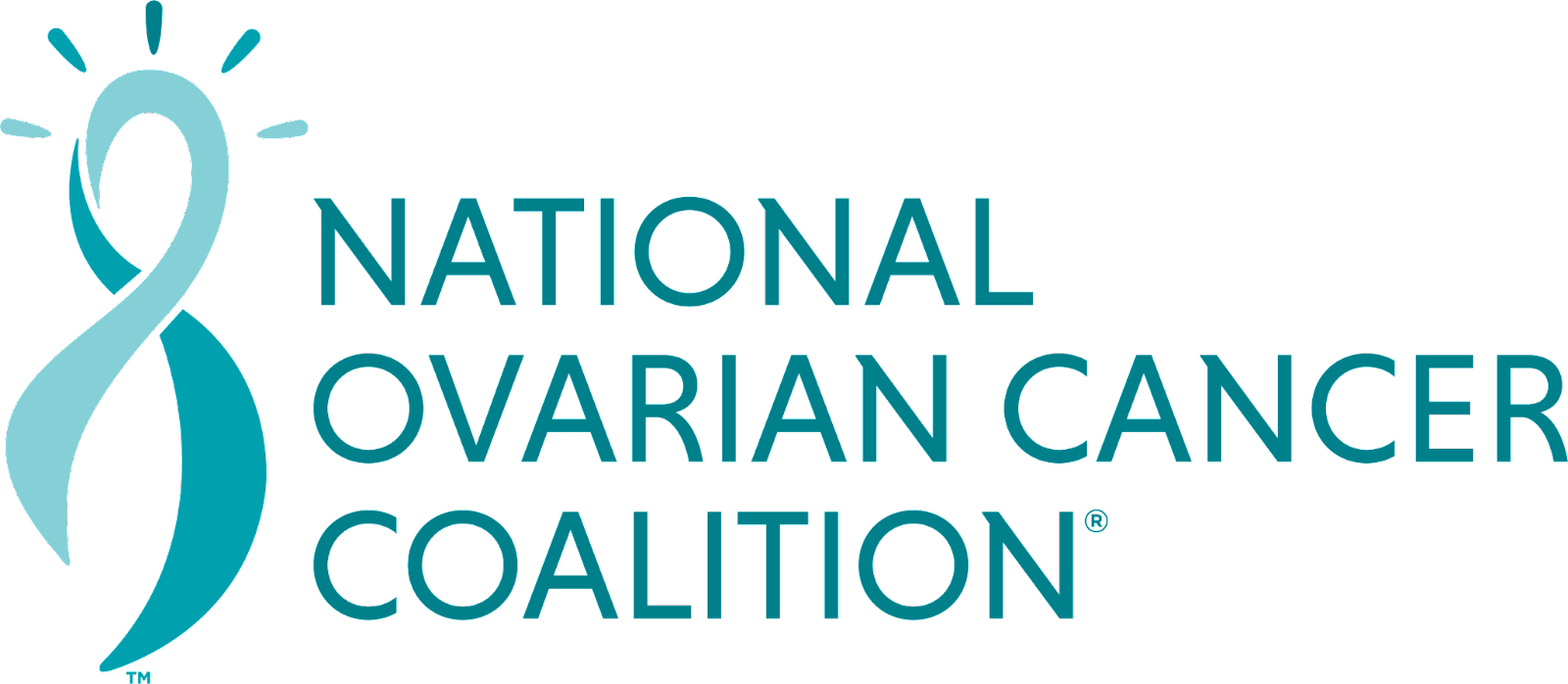- About Us
- Advertise / Support
- Editorial Board
- Contact Us
- CancerNetwork.com
- TargetedOnc.com
- OncLive.com
- OncNursingNews.com
- Terms & Conditions
- Privacy
- Do Not Sell My Information
- Washington My Health My Data
© 2025 MJH Life Sciences™ and CURE - Oncology & Cancer News for Patients & Caregivers. All rights reserved.
Ovarian Cancer Chemotherapy Resistance May Have Genetic Cause
Ashley Chan, assistant editor for CURE®, has been with MJH Life Sciences since June 2023. She graduated with a B.A. in Communication Studies from Rowan University. Outside of work, Ashley enjoys spending time with family and friends, reading new novels by Asian American authors, and working on the manuscript of her New Adult novel.
The overexpression of the gene, BRD4, may be the cause of chemotherapy resistance in patients with high-grade serous ovarian cancer, according to research.
A certain gene may be the cause of chemotherapy resistance in some patients with ovarian cancer, according to a recent study.
In a study published in Genes & Cancer, the authors established that overexpression of the gene, BRD4, could promote resistance to chemotherapy in patients with high-grade serous ovarian carcinoma (HGSOC).
Bromodomain-containing protein 4 (BRD4) is defined as a family of proteins with a “complex portfolio of activities,” Dr. Michael Birrer, vice chancellor of University of Arkansas for Medical Sciences, director of Winthrop P. Rockefeller Cancer Institute and director of Cancer Service Line, told CURE® during an interview.
HGSOC, according to Birrer, is the most common epithelial ovarian cancer, which is known to be an aggressive form of cancer and accounts for about 75% of all ovarian cancers.
He also noted that 75% of these tumors will come back (recur) after responding to chemotherapy, which could lead to multiple relapses during repeat therapies and ultimately result in ovarian cancer that resists platinum-based chemotherapy.
Patients with HGSOC typically undergo surgery and receive chemotherapy as treatment. However, when the tumor recurs, it is no longer curable, Birrer said, although treatment is still available.
Standard treatment given to patients is Taxol (Paclitaxel), administered weekly, with a 20% to 25% response rate, according to Birrer, which he said was “a pretty low response rate.”
Although there are some treatments available for patients with HGSOC, Birrer noted that they are not very effective, because the type of cancer is difficult to treat.
Specifically, he said that the progression-free survival (PFS, period after treatment when the disease does not worsen) and the overall survival (period from diagnosis or treatment when a patient remains alive) still did not offer many improvements after treatment.
“The median progression-free survival is about five (months), somewhere between 3.7 and six months. The overall survival of platinum-resistant ovarian cancer patients is 11 months,” Birrer said.
“Now, we just had a new agent approved, which is (Elahere), which is an antibody drug conjugate. And that showed impressive activity and actually prolonged not only PFS, but also the overall survival of these patients,” Birrer explained. “So, we have a limited number of drugs. But they're not very effective. And so, this remains a huge unmet need.”
Elahere (mirvetuximab soravtansine) was approved by the Food and Drug Administration in November 2022 for patients with a subset of platinum-resistant ovarian cancer.
For patients with HGSOC who may wonder about their next steps, Birrer encouraged considering a clinical trial before receiving too many lines of therapy and no longer being eligible because of the risk of toxicities.
“There are lots of clinical trials trying to develop new novel agents for this group of patients,” he said. “So, they’re really going to think about that early on, and their physician or oncologist should help them with that. They can always get the standard of care afterwards.”
For patients to ensure they receive the best care possible, Birrer also suggested they become as informed as possible before speaking with their physician.
“(Patients) have to go to a reliable source (including) American Cancer Society (and) National Cancer Institute; there are advocacy groups for ovarian cancer,” he described. “These are all reliable sources, and then they need to engage their physician. It’s not acceptable for their physicians to simply say, ‘Well, you’ve got a terrible disease. This is all I can offer you, there's nothing else.’ There are always choices. And if (physicians are) not telling them that, then they need to find another oncologist.”
For more news on cancer updates, research and education, don’t forget to subscribe to CURE®’s newsletters here.
Related Content:




